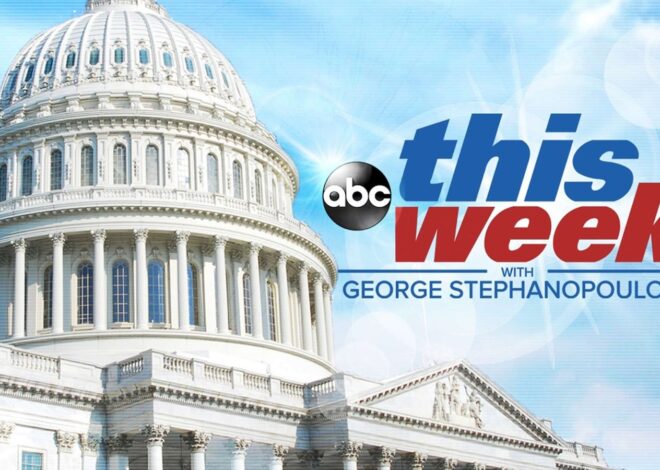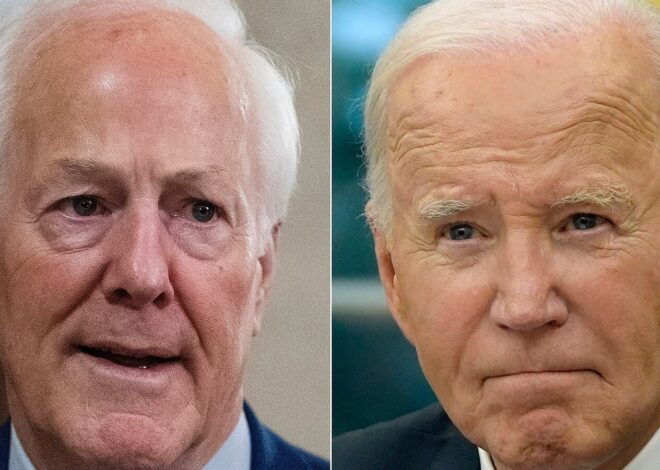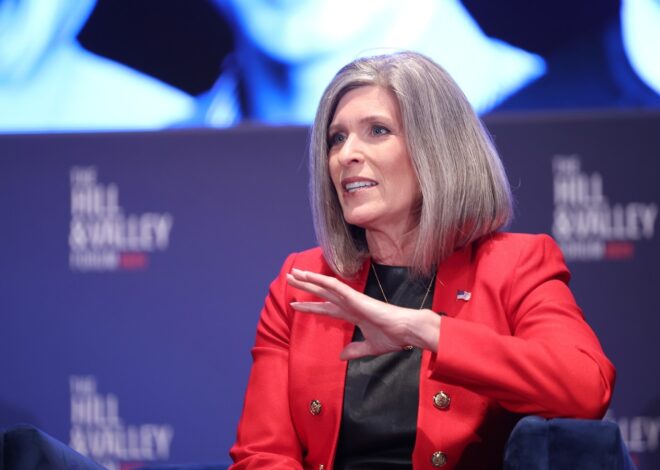
Democrats Criticize Trump’s Massive Bill for Benefiting the Wealthy at the Expense of Low-Income Americans
A Tipping Point in Legislation
Perhaps it began in the usual manner – a bill quietly slipping through the halls of power. The House’s narrow passage of the “One Big Beautiful Bill Act” has created ripples that now reach the Senate, facing an uncertain future as the legislative machine grinds on. This bill, lauded by Republicans as a victory for President Trump’s domestic agenda, is equally condemned by Democrats who argue it tilts the scales towards the wealthy, leaving the most vulnerable behind.
Republicans are celebrating the passage, buoyed by the belief that they’ve taken a step towards fulfilling Trump’s campaign promises. This megabill, as some call it, aims to extend Trump’s 2017 tax cuts, bolster military and border spending, while pulling back on crucial programs like Medicaid and SNAP. Critics are concerned about the massive $3.8 trillion addition to the national debt over the next decade, as estimated by the Congressional Budget Office (CBO).
Democrats have been vocal, painting a stark picture of the potential fallout. They argue that the bill’s design is fundamentally flawed, suggesting it will widen the gap between rich and poor. House Minority Leader Hakeem Jeffries warns of millions losing healthcare and food assistance, echoing concerns from the CBO’s preliminary analysis that shows the poorest Americans losing ground while the wealthiest gain.
Senate Minority Leader Chuck Schumer did not mince words, calling the bill “ugly” and lamenting the damage it could inflict on healthcare and social support systems. The sentiment was echoed by Nancy Pelosi, who labeled the proposal as “Robin Hood in reverse,” accusing it of taking from those in need to benefit billionaires.
While Republicans assert this move is about trimming “waste, fraud, and abuse,” others see it differently. The proposed work requirements for Medicaid and SNAP have sparked particular concern. The bill’s revisions would see able-bodied adults and immigrants subjected to new eligibility criteria, potentially stripping benefits from millions. The fear among opponents is palpable, as they describe the fast-tracking of this bill through overnight sessions as an attempt to obscure its potential consequences.
In the midst of this turmoil, there’s a glimmer of good news for some. The bill proposes eliminating taxes on tips and overtime pay for workers earning under $160,000, framed as a boost for working-class families. Joint filers making less than $400,000 could also see their state and local tax deductions increase, a move likely to be welcomed by many. Yet, as the CBO analysis indicates, the top earners might stand to gain the most from these changes.
The debates and rhetoric may echo loudly in the chambers, but the outcomes are still to be determined. The Senate will have its say, and maybe, just maybe, there’s room for change before anything is set in stone. For now, the arguments rage on, each side staunchly defending its vision of what this bill represents for America.
Amid all the chaos, maybe the biggest question is whether anyone’s truly listening. The political theater continues, leaving us to wonder if this is simply the way of things… or if, perhaps, something new might yet emerge from the noise. For those interested in the evolving story, further details can be found in the coverage by ABC News.



